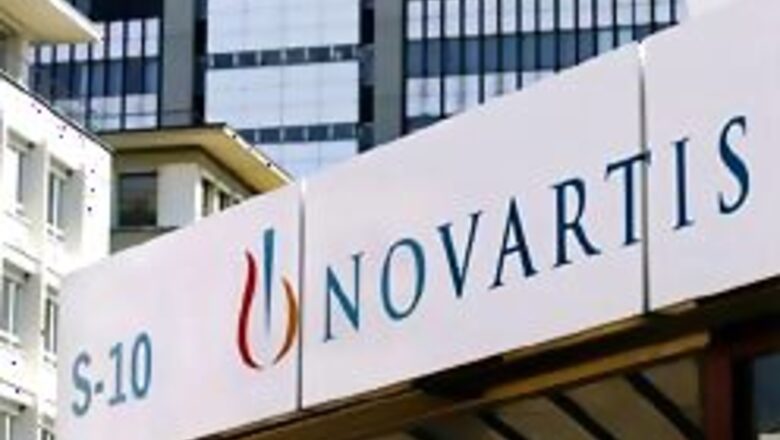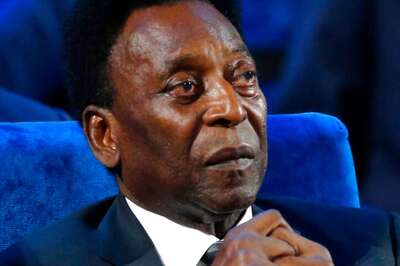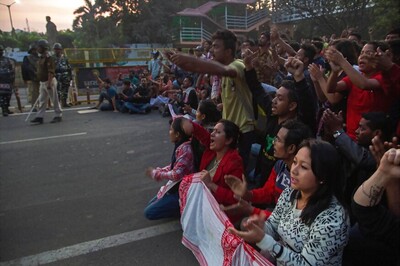
views
New Delhi: Hearing on the case in which Swiss pharmaceutical giant Novartis seeks a patent for its popular cancer drug Gleevec began on Tuesday.
The trial is seen as a test for country's new patent law, which has been criticised by public health activists for favouring multinational companies.
Earlier this year, Novartis filed multiple writs at the Chennai High Court after patent authorities rejected its application for a patent on the anti-leukemia drug Gleevec.
Several Indian pharmaceutical companies make generic copies of the drug and sell it at almost a tenth of the price charged by the Swiss drug maker. A month's dose of Gleevec costs about $2,500.
Aid groups say tens of thousands of cancer patients will suffer if Novartis wins its case and Indian firms are banned from making generic copies of Gleevec.
New patent law, which came into force January 1, 2005, allows patents for products that represent new inventions after 1995, the year India joined the World Trade Organization, which regulates patent rules for member countries.
Indian drug companies and aid groups say Gleevec is a new form of an old drug – imatinib mesylate that was invented before 1995.
Earlier patent regime allowed domestic drug companies to make low-cost copies of expensive Western medicines and helped create an affordable market for medicines in this South Asian country with an annual per capita of income about $700.
When patent laws were changed, the Parliament agreed to include several safeguards into the new legislation to protect public health and redress concerns raised by aid groups and the domestic industry.
Under the new law, patents must be only for basic molecular structures. That gives a company just 20 years to make its profits before the initial drug, and any spinoff, could be legally copied.
The law also allows patents to be challenged even before they are granted, as it has happened in the case of Novartis.


















Comments
0 comment